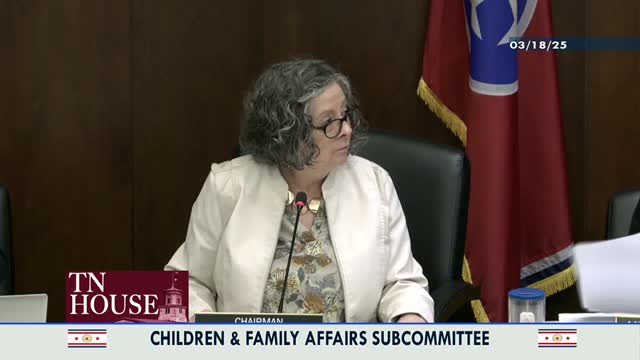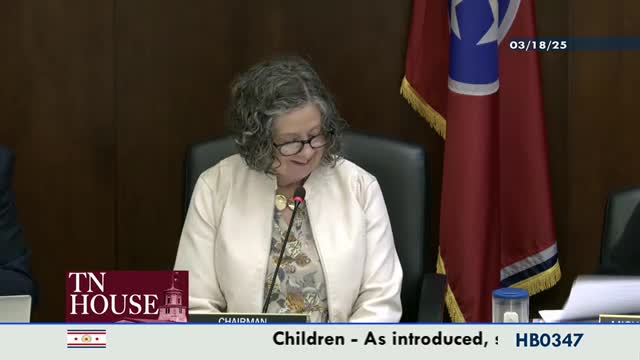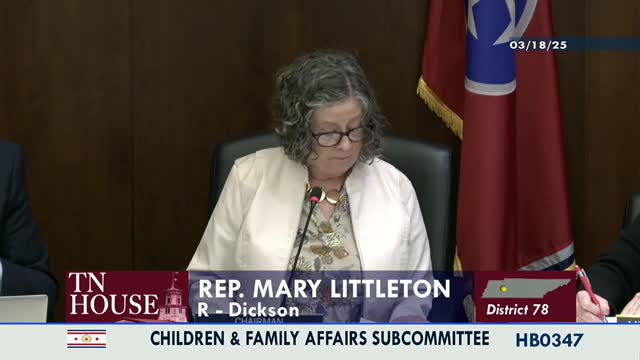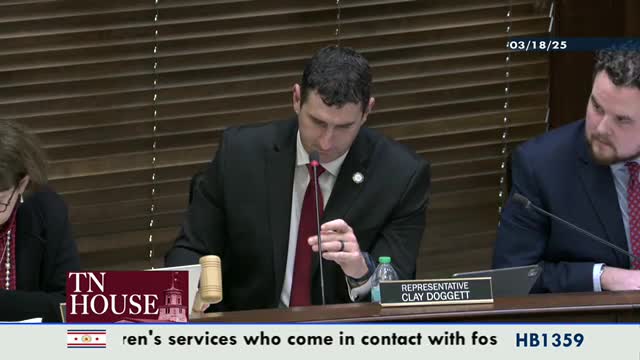Article not found
This article is no longer available. But don't worry—we've gathered other articles that discuss the same topic.

Subcommittee advances 50-50 custody presumption bill and separate measure to strengthen child-safety findings

Committee narrows bill so "economic disadvantage alone" cannot be sole basis for termination of parental rights

Subcommittee backs task force to track conservatorships after concerns about statewide oversight

